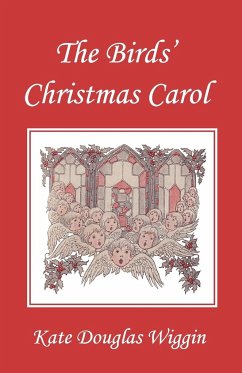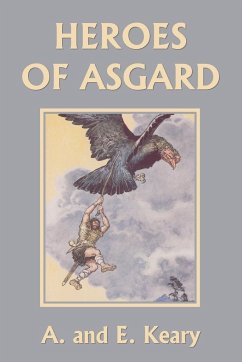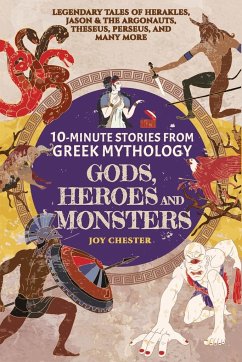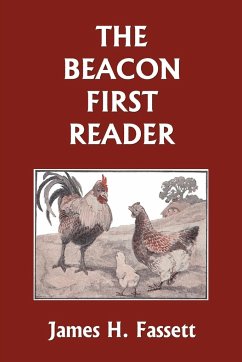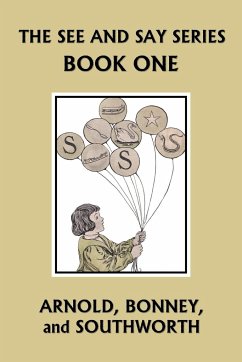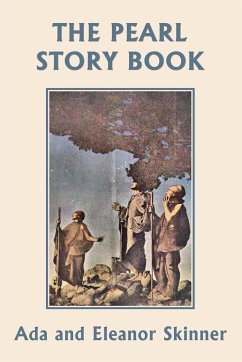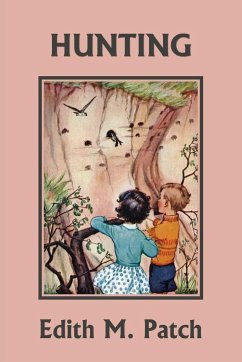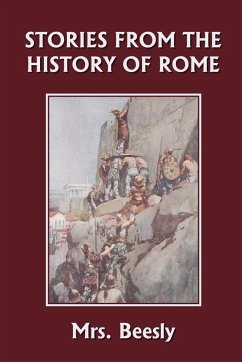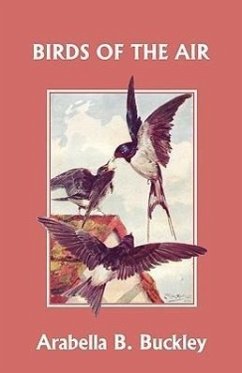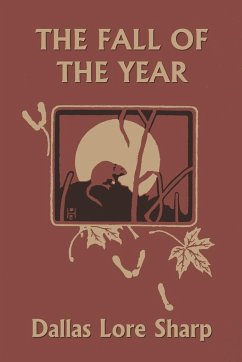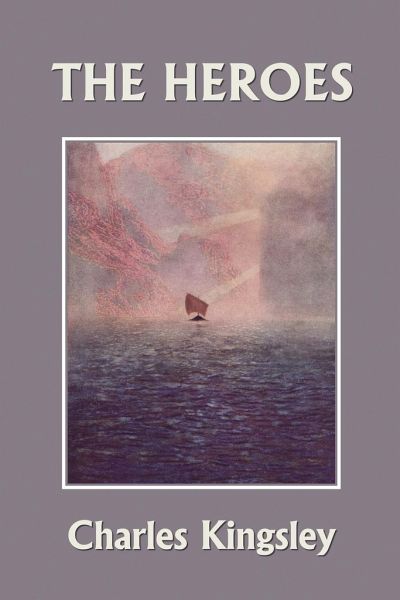
The Heroes, Illustrated Edition (Yesterday's Classics)
Versandkostenfrei!
Versandfertig in 1-2 Wochen
16,99 €
inkl. MwSt.

PAYBACK Punkte
8 °P sammeln!
Stories of the heroes of ancient Greece, told in fine poetic prose. Includes accounts of Perseus who slew Medusa the Gorgon, Jason who sought the Golden Fleece, and Theseus who slew the Minotaur. By preserving the Greek spirit in the retelling of these myths, Kingsley gives us plain strength and seriousness, courage, steadfastness, and beauty. Dozens of attractive illustrations by T. H. Robinson enliven the text. Suitable for ages 9 and up.





